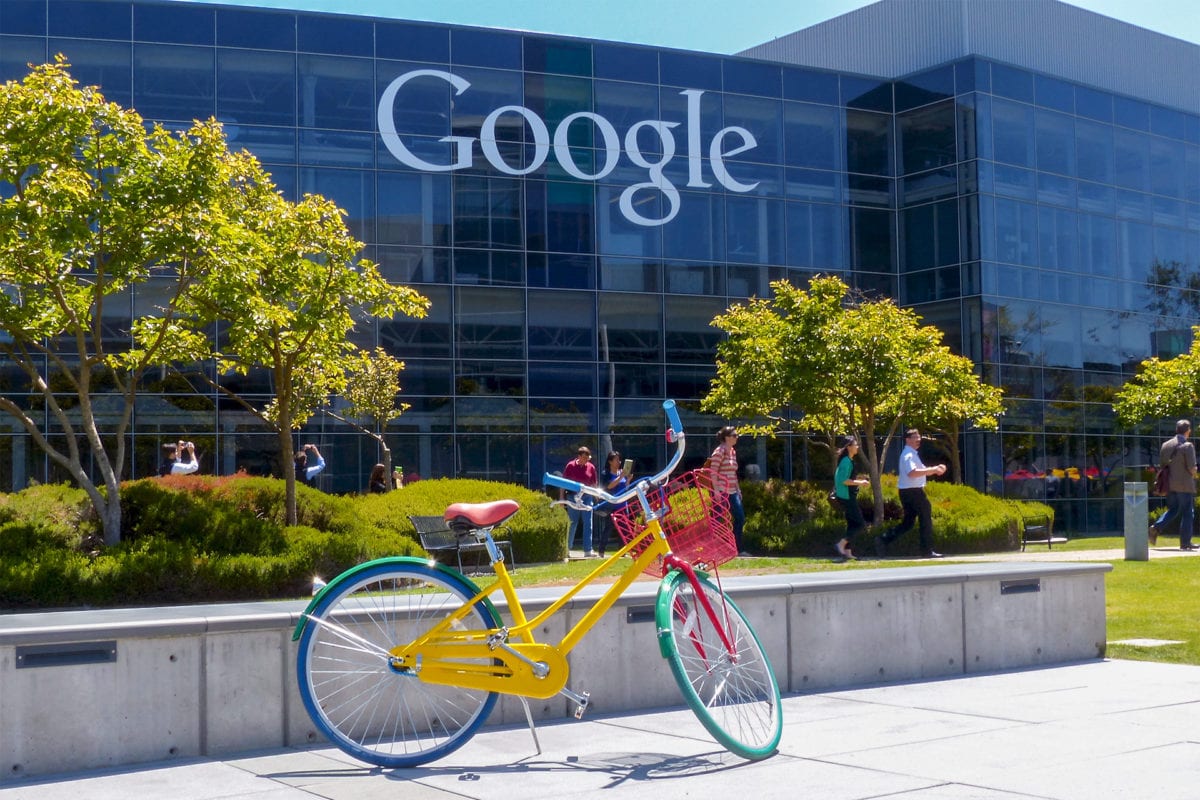There’s a universal understanding that exercise plays an important part in achieving and maintaining good health. Working out benefits people physically, mentally, and even emotionally, not only boosting mood, but positively impacting relationships as a result. Particularly when added to other well-known wellness tips like drinking plenty of water, eating lots of fruits and vegetables, and getting enough sleep, exercise can vastly improve how you feel in general and about yourself.
Further to that, exercise can have financial benefits as well. The reasons may seem obvious when you stop to think about it: those who feel good are more likely to succeed. Individuals who regularly exercise tend to be more driven, ambitious, and determined. They also demonstrate perseverance and self-control. There are also scientific explanations and studies showing that exercising improves energy, immunity, cognitive function, mental focus and wellbeing – all of which impacts an individual’s overall work performance.
Exercising produces endorphins, which help to reduce stress. (Imagine running, boxing, or even hitting a baseball while thinking of something—or someone—negatively weighing on your mind.) This also coincides with the ability to earn more money. A OnePoll survey by Freeletics examining the ongoing habits of 2,000 Americans found that exercise can create a significant discrepancy in salary. Respondents who work out regularly had bigger salaries on average than those who never do. The most high-impact exercisers even made the most money, at approximately $83,000, followed by $67,000 for medium-impact exercisers, and $54,000 for low-impact exercisers.
Some may argue that it’s easier to get in shape if one already has the money to afford it, considering the costs of gym memberships, yoga classes, personal trainers, food delivery services, and personal chefs. However, there are many options when it comes to working out that are actually free or inexpensive, such as using a chair for repetitions or household items as weights. Many condo complexes, apartment buildings and offices have on-site gyms, or you may have some old workout equipment lying around that you could dust off and begin using again. It also takes the right attitude and willpower to exercise, regardless of money and resources.
Freeletics CEO Daniel Sobhani told the website Brit + Co that motivation is a far more important factor than having deep pockets.
“Those who exercise regularly are good about planning ahead and reflecting on what they’d like to achieve and, more importantly, taking action,” he explained, adding that people who put in the effort to stay fit are also “good at sticking to a routine and not giving up on plans. They work hard consistently to achieve the goals they set themselves. This ability and willingness to push yourself and follow through on plans clearly goes a long way in multiple aspects of your life.”
Exercisers tend to have good forethought and live both reflectively and proactively. They’re used to working hard and striving to meet set objectives. People who exercise regularly are also more likely to see physical results that in turn encourage them to keep going, adding to the accumulating mental benefits as they see noticeable improvements in themselves.
One theory suggests that people who work out intensely are the most confident and willing to fail until they get better and build stamina. People who push themselves in their exercise likely push themselves in their careers and will work efficiently in both areas to achieve results. Regular exercisers, in fact, tend to be confident, goal-oriented, take risks, socialize, think positively, and feel more fulfilled. It’s practically a checklist of attributes of successful, driven people.
If you haven’t always made a point of being consistently active over the course of your life, you may be dissuaded to begin as you get older. However, the first challenge in establishing any routine is the mental willpower to do it the first day, and to keep going from there. It’s often said that routines take approximately three weeks to establish. Even 20 minutes of activity every day is a vast increase if you’ve previously been doing none at all. The benefits can also be apparent much faster than some people may realize.
Perhaps most important, as fitness experts will state, is ensuring you work both cardio and strength training into your exercise routine to both burn fat and build muscle. Ultimately, this will also help you boost your metabolism. Maintaining a good mindset while working out and not allowing yourself to get discouraged will surely further accelerate your progress. These are important tips in general that can be easily applied to your dealings with people and work.
According to Sobhani, much of the correlation between fitness and income has to do with the mindset of the individual in question. “Those who are not afraid of challenges in life, who wake up early and find the most effective way to get things done, are likely excelling at both their career and their health regimen.”
As one good deed generally leads to another, so does one good deed that you do for yourself. Making positive changes to your physical habits can certainly translate to changes in other areas of your life, including a boost in your mood – and your career. Naturally, this will also mean a boost in the financial aspect of your life. Although some people may loathe the idea of exercise, finally doing it can lead to another significant change, this time in your bottom line.
Robyn Karmazyn | Contributing Writer




















